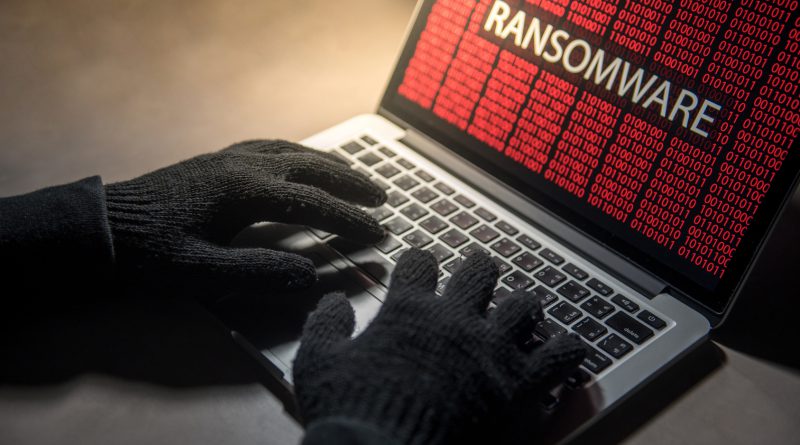Preventing Ransomware from Taking over your Computers
Cybercriminals have been quite busy. It seems that every so often, a new strain of ransomware comes out of nowhere to victimise unsuspecting victims.
First recorded more than a decade ago in the U.S., ransomware has rapidly spread across most continents. Almost all types of ransomware operate in similar methods: they lock an unsecured device through a bogus email or link; encrypt the files on the hard drive; ask for monetary compensation for the decryption key to the locked data.
Most ransomware-focused cybercriminals go after publicly-known computer vulnerabilities that stay unpatched – an easy target for experienced hackers. For their part, users can protect themselves by updating any available and applicable patches for their devices.
Another weakness hackers tend to go after are outdated endpoint protection platforms. While you might get by with not having the latest version of your computer security, having one that is more than a year old is unthinkable especially in today’s online security environment. For your computer to be capable of defending itself against ransomware, updates should be implemented at least every 3 months.
Making sure the latest updates are installed on your machines raises your chances of fighting hackers.
Users should also be more proactive when experiencing irregularities in their systems. Exploring the main source of a computer issue, looking for the root of the problem, and reporting it to the involved parties could help both users and authorities to combat ransomware.
Consumers might also be under the impression that firewalls and similar applications are enough to protect their computers. While they do provide a certain level of protection, attacks can still be successful if outdated or weak security measures are all that stand in their way. Again, making sure the latest updates are installed on your machines raises your chances of fighting hackers.
Relying too much on IT personnel or whoever formatted the computer could also lead to being hacked since not all accounts are monitored all the time. Corporate computers typically have valuable data stored in them, making them high-value targets for cybercriminals.
While backups are used to duplicate valuable data, they should be a secondary line of defence. Companies sometimes take backups for granted, not monitoring them as often as they should. Also, cybercriminals are attempting to infect backups, all the more reason to test and update your security applications. An offline backup is also recommended for storing high-value files.
Comprehensive multi-device protection for you and your family for up to 6 PCs, smartphones, or tablets. For more info click here.







